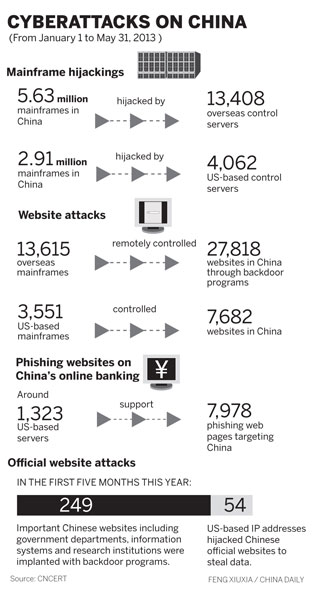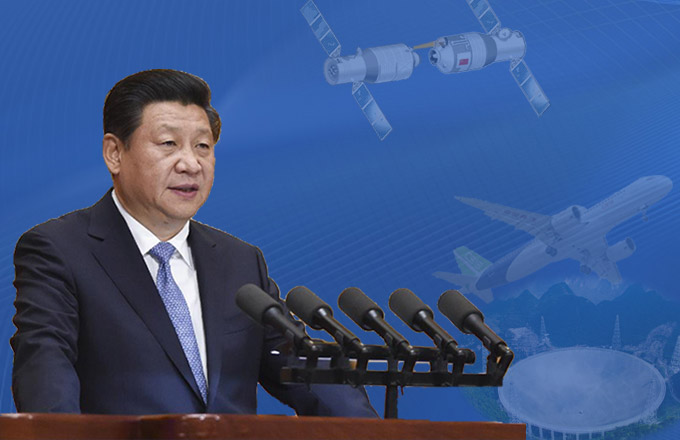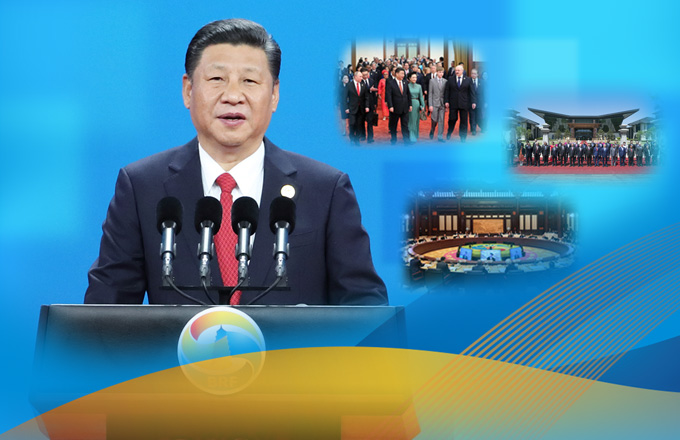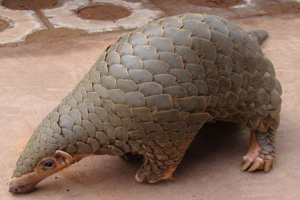China is victim of hacking attacks
China has been the target of serious cyberattacks from the United States, but Beijing has never blamed Washington or the Pentagon because such accusations would be "technically irresponsible", Chinese Internet insiders said.
The cyberattacks from the US have been as grave as the ones the US claims China has conducted, they said on Tuesday.

China’s Internet emergency response agency has tried its best to handle all the US complaints made this year, they said.
However, the US never mentioned the alleged Chinese hacking theft of the designs of more than 20 kinds of top US weapons, but instead gave the unverified information directly to the media.
"We have mountains of data, if we wanted to accuse the US, but it’s not helpful in solving the problem," said Huang Chengqing, director of the National Computer Network Emergency Response Technical Team/Coordination Center of China, also known as CNCERT.
"The importance of handling Internet security cases keeps rising, but the issue can only be settled through communication, not confrontation."
Huang’s remarks came after a slew of reports accusing China of hacking were released in the US this year. High-ranking officials in Washington also pressed Beijing on the issue in recent weeks.
According to CNCERT, in the first five months of this year, 13,408 overseas trojan horses or bot control servers — two popular hacking tools — hijacked around 5.63 million mainframes in China. Of those, 4,062 US-based control servers hijacked 2.91 million mainframes in China.
The US ranked first in both the number of control servers and the number of mainframes controlled in China.
In the same period, websites of 249 important Chinese organizations including government departments, key information systems and research institutions were implanted with backdoor programs. Among them, 54 websites were hijacked by US-based IP addresses for stealing information.
"However, it’s hard to judge whether the US government supported or got involved in the hacking. Besides, hackers can easily hide their real location and identities," Huang said.
"So technically it is irresponsible and unfounded for some people to talk about alleged hacking supported by the Chinese authorities."
As for the Washington Post report in late May about Chinese hacking on US weapons, Huang said design information of top-class weapons are usually listed as top national secrets. "Even following the general principle of secret-keeping, it should not have been linked to the Internet."
Huang said his agency has been fighting with hackers. Except for daily work of Internet security monitoring, prewarning and emergency response, CNCERT cut hackers’ remote control on 39.37 million infected mainframes in 2012.
The agency has set up Internet security cooperative relations with 91 organizations in 51 countries and regions.
Huang said a case in March explains the importance of such cooperation. At that time, South Korea suspected that Chinese hackers paralyzed the network of some local media and banks and required assistance from CNCERT. Through joint efforts, it was discovered that the IP address connected to the hacking was in the range of Chinese IP addresses but was actually used by a South Korean bank.
As for cooperation with the US, Huang said in the first four months of this year CNCERT received 32 Internet security cases from the US, among the 227 complaints from abroad.
They handled the US cases in time, except for attempted IP address attacks, which lacked sufficient proof. And they sent feedback to the US on all the cases.
"But they did not mention these efforts, instead they advocated cases that they never let us know about. Some cases can be addressed if they had talked to us, why not let us know? It is not a constructive train of thought to solve problems," Huang said.
"Besides, we have smooth communication at the civil level. I don’t understand why all levels of the US government are accusing China of cybersecurity recently. I felt it is driven by some political intentions, though I don’t know what the intentions are."
Huang said he noticed the US has kept beefing up its cyberwar forces as it hyped hacking threats from China.
After Mandiant, a Washington-based cybersecurity group, said in a report in February that the People’s Liberation Army sponsors hacking, US Cyber Command and National Security Agency chief General Keith Alexander told Congress in March that of the 40 new Cyber Command teams being assembled, 13 would be focused on offensive operations.
Gao Xinmin, vice-chairman of Internet Society of China, said: "The US is much more dependent on the Internet than developing nations, so it is fully understandable that they attach great importance to the issue."
"However, because of the lack of mutual trust, it is easy for some countries to blame hacking on other governments. And driven by some political needs, the dirty water is often poured onto China," Gao said.
The White House has announced that cybersecurity will be high on the agenda of President Xi Jinping’s meeting with US President Barack Obama this week in California.
CNCERT’s Huang said it is necessary to have multi-level talks, but the most effective way is to "start from the basic level" and beef up communication between frontline agencies, such as emergency response organizations, from relevant countries.
- China willing to talk with US on cyber security
- US, China face cyber security threats: Hagel
- Beijing wants dispassionate cyber talks with US
- War of words intensifies as Beijing rejects Washington claims of 'cyber attacks'
- China rejects US claims of 'cyber attacks'
- China eyes cyber security cooperation with US























